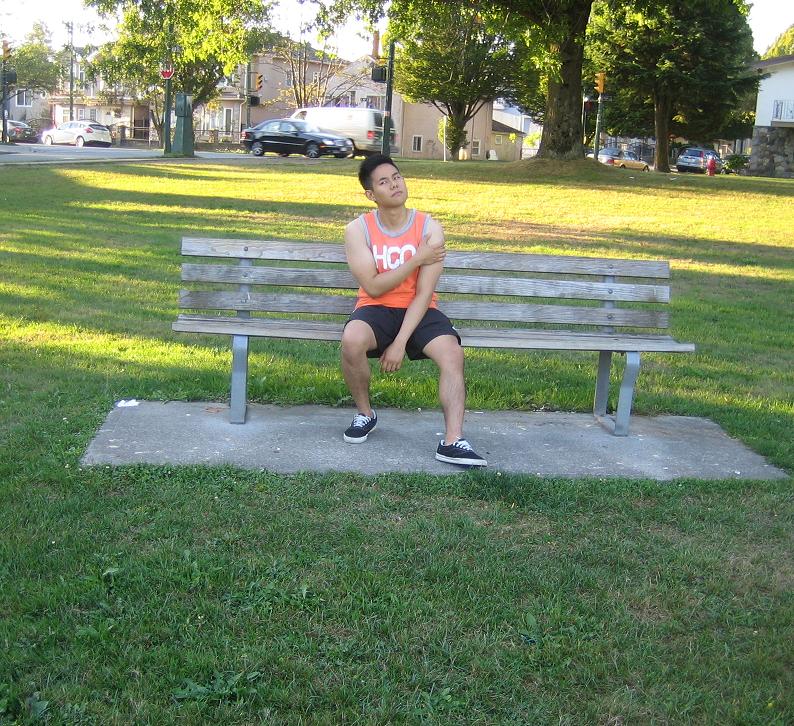Myalgia is pain that starts in the muscles, usually due to excessive straining or overstretching of groups of muscles. Muscles can be found in every part of the body. Myalgia usually affects the skeletal muscles which supports the bone and the surrounding areas. Muscle pain can be felt in a single muscle or groups of muscles covering a large area. Pain in the area can be mild to severe.
https://www.youtube.com/watch?v=oha9Evp3zxE
Causes of myalgia
- Overuse of muscles such as in sports and occupations that requires repeated using of groups of muscles. Working in front of the computer can cause pain in the back, neck and muscles of the hand.
- Injuries to the back, hands, neck and limbs result to straining of the areas around the affected muscles.
- Infections such as viral fevers, influenza, malaria, dengue and Ebola. Bacterial infections such as tuberculosis and dangerous infections such as HIV/AIDS.
- Severe stress or tension in the muscle
Soreness and strained feeling in the muscles that cause severe pain and difficulties with movements. - Joint and muscle conditions such as rheumatoid arthritis, osteoarthritis, septic and other forms of arthritis
- Autoimmune disorders such as connective tissue disorders, lupus, polymyalgia and multiple sclerosis
- Other medical conditions such as fibromyalgia, peripheral neuropathy, low level of potassium in the blood and thyroid disorders.
- Medications such as those used for lowering levels of cholesterol, blood pressure and other drugs that affects the muscles.
- Dehydration, vomiting and diarrhea
Symptoms
- Soreness and strained feeling in the muscles that cause severe pain and difficulties with movements.
- Redness, swelling or bruising in and around the affected area.
- Weakness of the muscles such as difficulty in holding, raising objects overhead and discomfort with regular movements.
- Muscle spasms and stiffness
- Twitching of muscles
- Pain when a nerve is pinched in the affected area
- Numbness, tingling, burning sensation and pain of the affected area.
- Pain becomes severe with overexertion, travelling, and performing strenuous activities.
- Changes in weather and having fever can result to severe symptoms
Treatment
- Take plenty of rest for fast healing of the condition. Avoid performing activities to prevent further irritation of the area.
- Take the prescribed anti-inflammatory medications and muscle relaxants to lessen the pain, the inflammation and relax the muscles.
- Apply cold or warm compress on the affected area. Wrap ice pack in a towel or a piece of cloth before applying to the area for at least 10-15 minutes to lessen the pain and the inflammation. Take a bath using warm water especially in the morning and evening to lessen the stiffness and the spasms of muscles. Another alternative is soaking the affected area of the body in warm water mixed with Epson salts and a few drops of essential oils such as lavender and eucalyptus to relieve of the pain of myalgia.
- Massage the area to relieve of tensed muscles and lessen the pain.
- Perform regular routine exercises with the help of the physical therapist for some gentle stretches and warm up exercises before and after an exercise. Water aerobics to lessen the pain caused by myalgia.
FACT CHECK
https://en.wikipedia.org/wiki/Myalgia
https://www.healthline.com/health/muscle-aches
https://www.medicinenet.com/muscle_pain_myalgia/symptoms.htm

